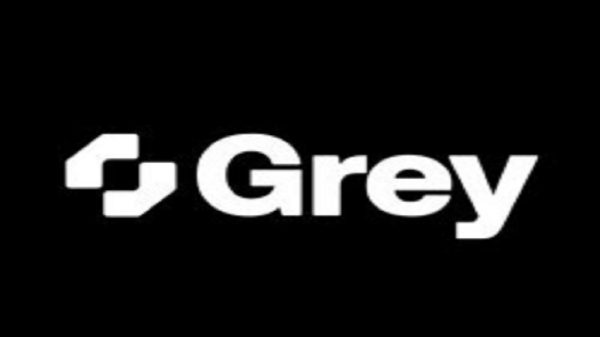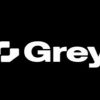The Central Bank of Nigeria (CBN) has raised concerns over a significant rise in loan defaults among large Private Non-Financial Corporations (PNFCs) and Other Financial Corporations (OFCs), marking a worrying shift in credit performance at the top end of the lending market.
According to the apex bank’s Credit Conditions Survey Report for the first quarter of 2025, both large firms and OFCs recorded negative default index scores of -0.6. These scores reflect the net balance of lender responses, where negative values indicate that more lenders reported worsening defaults than those who saw improvements. The figures mark a stark departure from the modest gains recorded in previous quarters, with large corporates having posted positive default indices of 4.3 and 4.9 in Q4 and Q3 2024, respectively. OFCs, which had similarly shown improvements with scores of 5.0 and 6.8 over the same period, also slipped into negative territory.
The report suggests that the deteriorating loan performance among these larger borrowers is becoming a growing source of concern for credit risk in Nigeria’s financial sector. Despite overall improvements in loan performance across most other segments, the reversal in these two key categories could have far-reaching implications for lenders, especially given the outsized role these entities play in commercial credit exposures.
The CBN report notes that while defaults worsened for large corporates and OFCs, lenders experienced lower default rates in other areas. Small businesses posted a positive default index of 0.5, although this was a decline from 9.0 in the previous quarter. Medium-sized PNFCs recorded a default index of 3.0, showing relatively better performance. These figures point to a gradual recovery among smaller enterprises, which appears to align with recent lending patterns that have seen increased access to credit and more stringent loan underwriting practices.
In the household lending segment, loan performance continued its rebound, with secured loans posting a default index of 3.9 and unsecured lending rising to 5.0. These numbers represent a sustained recovery from the negative figures recorded in 2022 and early 2023, when high household loan defaults posed significant challenges for lenders. The gains in household lending were supported by increased demand for overdrafts and personal loans, although mortgage and credit card products saw weaker uptake during the quarter.
While the demand for credit remained strong across many segments, lenders responded by tightening credit scoring criteria in Q1 2025. Loan approvals rose in the secured and corporate categories but fell for unsecured lending, suggesting that lenders are becoming more cautious in the face of heightened risk. Inventory financing was cited as a major driver of borrowing demand among corporates during the quarter, indicating increased operational needs amid ongoing economic pressures.
The report also highlighted shifts in loan pricing. Spreads over the Monetary Policy Rate (MPR) widened across most categories, particularly for secured and unsecured household loans, reflecting tighter risk pricing. For corporate loans, spreads also increased, with the exception of OFCs, which saw a narrowing of spreads despite their rising default rates. This divergence may suggest that some lenders are still willing to extend favorable terms to OFCs, possibly anticipating future liquidity support or regulatory intervention.
The CBN clarified that the report reflects the perspectives of participating lenders and does not represent the official stance of the Bank. Nonetheless, the findings offer a critical snapshot of credit sentiment and risk assessment in Nigeria’s financial system at the start of 2025.
The renewed deterioration in loan performance among large corporates and OFCs could potentially impact banking sector confidence, particularly at a time when macroeconomic adjustments remain in flux. While the resilience shown by SMEs and households offers a glimmer of optimism, the challenges at the upper end of the credit spectrum may prompt increased provisioning, tighter credit standards, and more conservative lending approaches in the months ahead.
![]()




























































